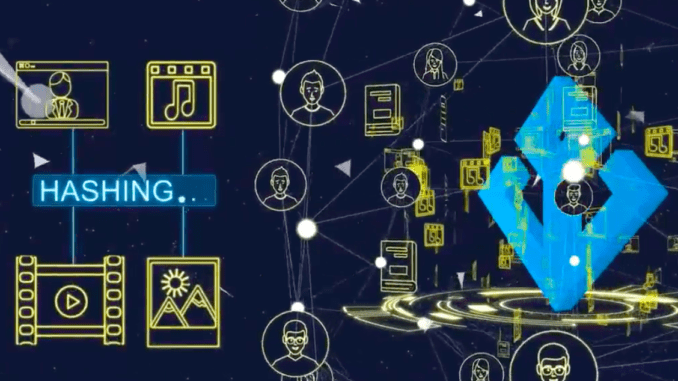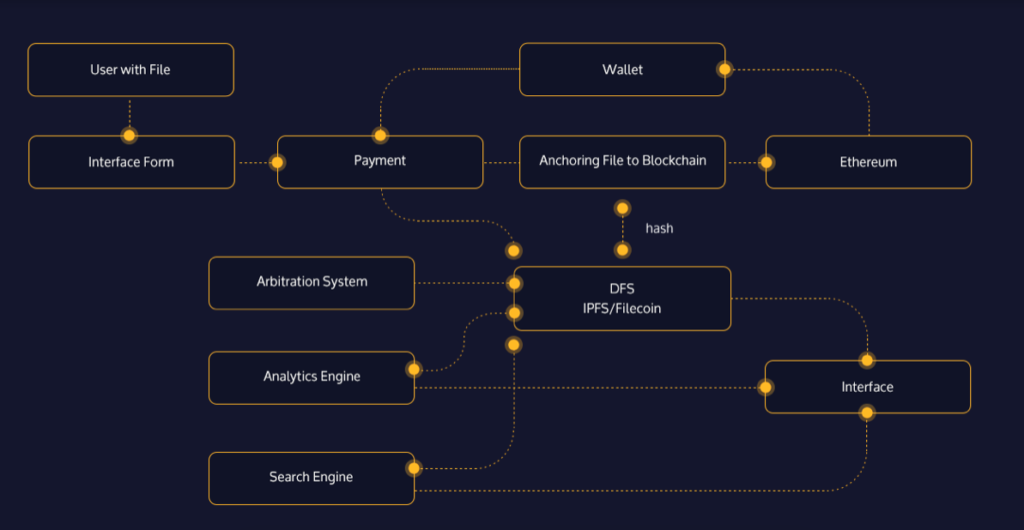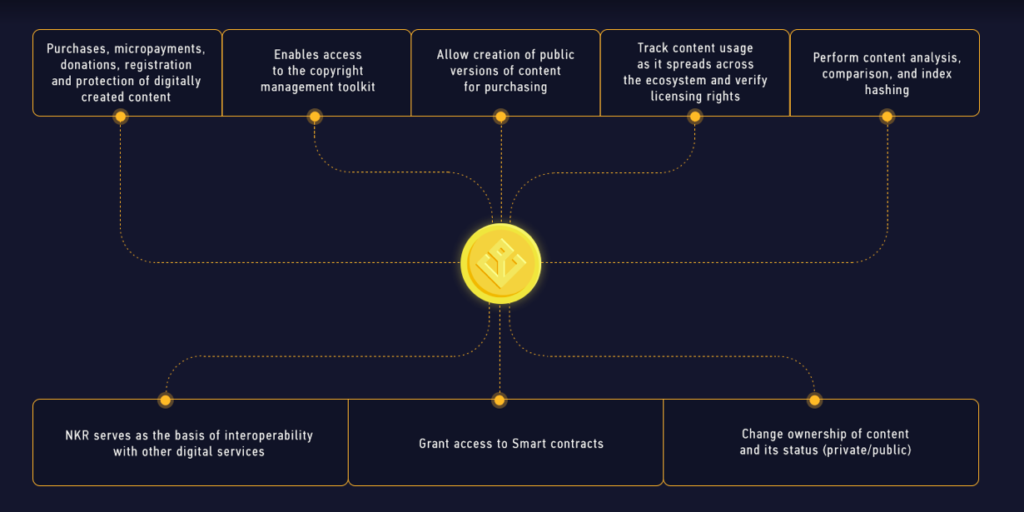
Ever put something you’ve created on your own site, or social media, such as YouTube, and then find someone else has taken it, or part of it, for their own, perhaps even gaining revenue from this? For professional artists, writers, designers, musicians, photographers as well as product designers, this can be a real threat to their business.
But, as IP-tech start-up, NKOR, says, it can be very hard to do anything about loss of digital data rights. Sites such as YouTube have so much content and so many users it can seem almost impossible for an IP owner to prove they created the ‘OC’, or original content, or prove who copied what and when.
To solve the problem, NKOR is seeking to use the Ethereum blockchain and unique identifiers to allow IP owners to prove ownership. They call this ‘anchoring’.

Artificial Lawyer caught up with Eric Klein, CEO of NKOR, to find out more.
‘The NKOR system covers all digital content with an emphasis on intellectual property with digital content orientation,’ says Klein.
‘Once you [the IP owner] can prove that the work was created at a particular time, then it gets protection. The system does this in a distributed way across lots of computers and the timestamp [proving ownership] cannot be spoofed,’ he continues.
Klein stresses that this is not a system detached from legal reality and they have made a significant effort to be legally watertight, including bringing in senior legal advisors.
‘The system performs protection in accordance with international treaties for the protection of intellectual property, including the Paris Convention (1883),’ he adds.
In terms of what it costs, the cost depends on the digital weight of the intellectual property content. For example, if you want to protect an hour-and-a-half film that weighs a gigabyte, or a 300-kilobyte image, their costs will vary.
Klein adds: ‘The system is dynamic, and at any given moment can change the price according to the number of users and the cost of the system. The bottom line is that the cost of registering intellectual property is negligible.’
However, that’s not where the application ends. There is also an arbitration feature, some use of limited smart contracts and also a marketplace. Moreover, NKOR is also conducting an ICO in March, selling 40 million NKR tokens, priced at $0.50, which should raise $20 million.
These aspects are set out in their White Paper, but simply put NKOR hopes to create not just an IP tagging system but an entire ecosystem for digital IP that can be used by content owners around the world, all via exploring the technology associated with blockchain.

That is to say, getting IP owners to register with NKOR is just the beginning. Once customers start to arrive then the company can roll out other aspects including things such as tracking content usage, using a copyright management toolkit and running micropayment streams.
All in all it’s an ambitious project and will be fascinating to see how it goes. However, if this, or other blockchain-based IP solutions, do become the standard for content protection in the future the question is then: how will this change IP lawyers’ work and how will intellectual property and rights organisations around the world react?
For now, this is just getting started, but whether it is this platform, or another, it does seem likely that the world of IP will eventually be subsumed into the world of blockchain. It’s going to be an interesting time for IP lawyers in the years to come.
1 Trackback / Pingback
Comments are closed.